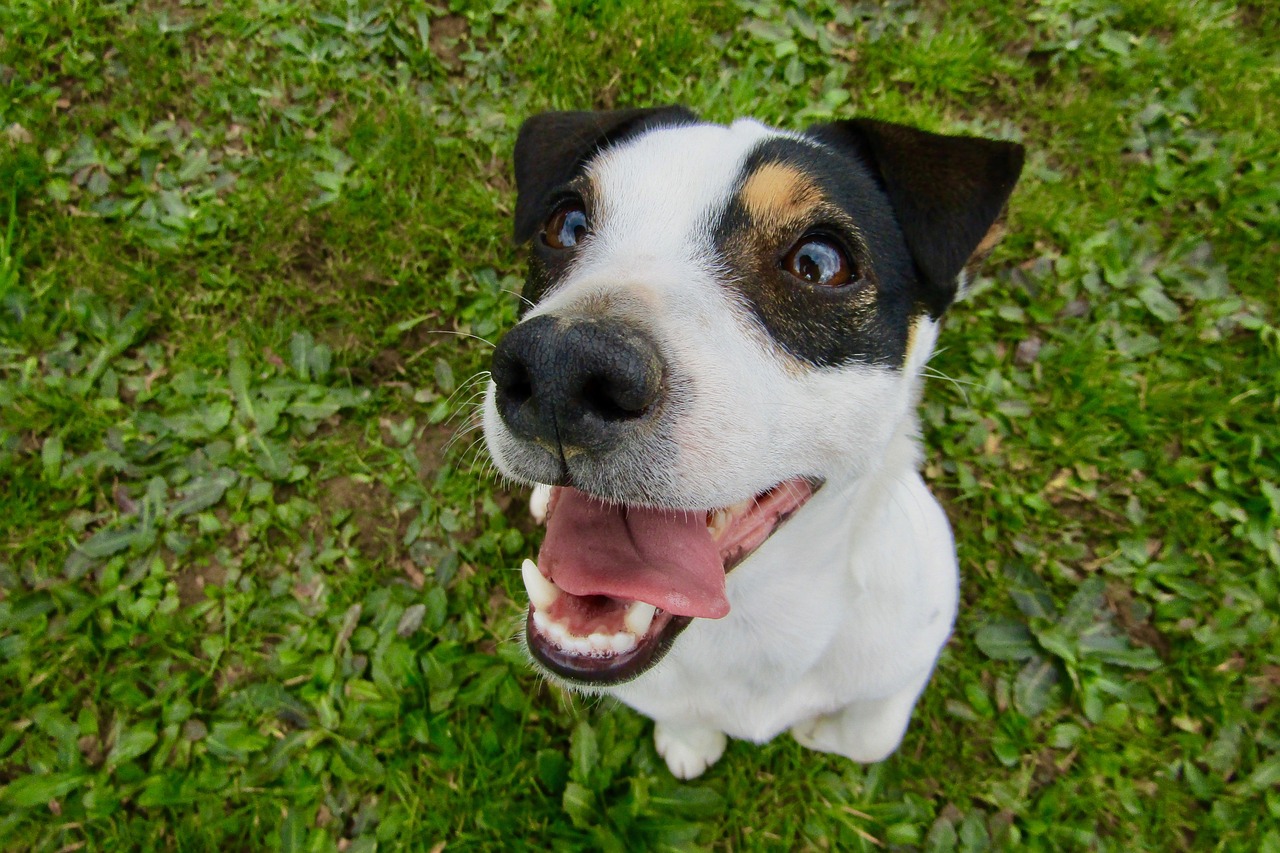Canine parvovirus is a highly contagious virus that poses a serious threat to dogs, particularly puppies and those with compromised immune systems. Understanding the symptoms of canine parvovirus and knowing how to respond can make all the difference in ensuring your furry friend’s well-being. Here’s a guide to recognizing the signs of this illness and what you should do if you suspect your dog is infected.
What Is Canine Parvovirus?
Canine parvovirus is a viral infection that targets the gastrointestinal system of dogs. It is known for causing severe diarrhea, vomiting, and dehydration. The virus is highly resilient and can survive in the environment for long periods, making it a significant risk to unvaccinated or inadequately vaccinated dogs. It spreads through direct contact with infected dogs or contaminated surfaces and objects.
Recognizing Canine Parvovirus Symptoms
Spotting the symptoms of canine parvovirus early can be crucial for your dog’s recovery. Here are the most common signs to watch for:
Severe Vomiting: One of the most noticeable symptoms of canine parvovirus is persistent vomiting. If your dog is vomiting frequently and unable to keep food or water down, it could be a sign of parvovirus.
Profuse Diarrhea: Canine parvovirus often leads to severe, watery diarrhea that may contain blood or mucus. This symptom can quickly lead to dehydration, which is dangerous if not addressed promptly.
Lethargy: Affected dogs may appear unusually tired and lethargic. They may lack their usual energy and enthusiasm for play or walks, which can be a sign of illness.
Loss of Appetite: Dogs with parvovirus often refuse to eat or drink, which can exacerbate dehydration and weakness.
Fever: While not always present, some dogs with parvovirus may develop a fever. A higher than normal body temperature can indicate an infection and an immune response.
Abdominal Pain: Your dog may show signs of discomfort or pain in their abdomen. They might whine or act agitated when their stomach is touched.
What to Do If You Suspect Parvovirus
If you notice any of these symptoms, it’s important to act quickly. Here’s what you should do:
Contact Your Veterinarian Immediately: If you suspect your dog may have canine parvovirus, reach out to your vet as soon as possible. They can perform diagnostic tests, such as blood work or a fecal test, to confirm the presence of the virus.
Keep Your Dog Isolated: To prevent the spread of the virus to other dogs, keep your infected dog away from other pets. Parvovirus is highly contagious, and even small amounts of contaminated feces or vomit can spread the infection.
Supportive Care: Parvovirus treatment focuses on supportive care to manage symptoms and prevent complications. Your vet may recommend hospitalization for intravenous fluids to combat dehydration, medications to control vomiting and diarrhea, and other supportive measures.
Maintain Good Hygiene: Disinfect any areas where your dog has been to help prevent the spread of the virus. Use a disinfectant that is effective against parvovirus, as it can survive in the environment for months.
Monitor and Follow Up: Keep a close eye on your dog’s condition and follow your vet’s instructions for care. Regular follow-up visits may be necessary to monitor your dog’s recovery and ensure they are on the path to wellness.
Preventing Canine Parvovirus
Prevention is the best defense against canine parvovirus. Here’s how you can protect your dog:
Vaccination: Ensure your dog is up-to-date on their vaccinations. Puppies should receive a series of parvovirus vaccinations starting at around 6-8 weeks of age, with boosters given at regular intervals as recommended by your vet.
Avoid Exposure: Limit your puppy’s exposure to areas where other dogs frequent until they are fully vaccinated. This includes dog parks, grooming salons, and other public spaces.
Maintain Cleanliness: Keep your home and yard clean and disinfected, especially if you have had a dog with parvovirus. Proper sanitation can help reduce the risk of infection.
Monitor Health: Regular veterinary check-ups can help catch and address health issues early, reducing the risk of serious illnesses like parvovirus.
Conclusion: Safeguard Your Dog’s Health
Canine parvovirus is a serious illness, but with prompt recognition and treatment, many dogs make a full recovery. By staying vigilant and proactive about your dog’s health, you can help protect them from this dangerous virus.
At Alta Vista Animal Hospital, we offer comprehensive diagnostics and treatment for parvovirus and other canine illnesses. Contact us today to schedule an appointment and ensure your dog stays healthy and happy.




